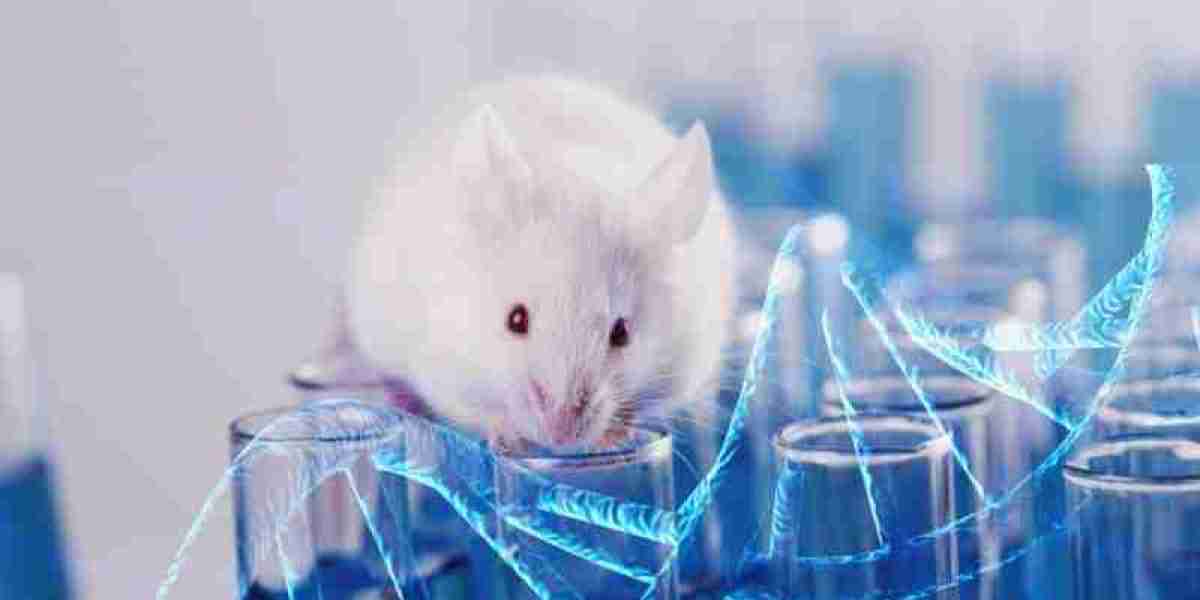The animal genetics market is playing a pivotal role in addressing the rising global demand for meat by introducing advanced genetic enhancements that improve productivity, sustainability, and meat quality. As the global population grows and dietary preferences shift toward higher protein consumption, the livestock industry faces mounting challenges to produce more meat efficiently while minimizing environmental impact. Genetic innovations in livestock breeding are emerging as a critical solution to meet these demands.
Genomic selection has become a cornerstone of livestock breeding, enabling farmers to identify animals with superior genetic traits for meat production. This technology uses DNA markers to predict desirable characteristics such as rapid growth, improved feed efficiency, and better meat quality. In the beef industry, for example, genomic selection allows breeders to produce cattle with enhanced marbling, tenderness, and lean meat yield, meeting consumer preferences for high-quality cuts while optimizing production costs. Similarly, in the pork industry, pigs are being bred to gain weight faster and convert feed into muscle more efficiently, ensuring higher output with fewer resources.
Gene-editing technologies, such as CRISPR-Cas9, are accelerating the development of livestock with specific genetic traits that directly address production challenges. One of the most notable advancements is the creation of disease-resistant animals. For instance, gene-edited pigs have been developed with resistance to porcine reproductive and respiratory syndrome (PRRS), a disease that costs the swine industry billions annually. By reducing disease susceptibility, gene-edited livestock not only improve productivity but also decrease reliance on antibiotics, contributing to more sustainable and ethical farming practices.
The poultry industry is also benefiting from genetic enhancements that support higher meat production. Broiler chickens are now bred with traits that enable faster growth and better feed conversion rates, reducing the time and resources required to reach market weight. Genetic improvements are also targeting resistance to diseases like avian influenza, ensuring stable production even during outbreaks.
Sustainability is a key focus of genetic advancements in livestock. Breeding programs are increasingly emphasizing traits that reduce environmental impacts, such as improved feed efficiency and lower methane emissions in cattle. These traits enable farmers to produce more meat with fewer inputs, reducing greenhouse gas emissions and conserving natural resources.
Collaboration between genetic researchers, technology providers, and livestock producers is driving innovation in the animal genetics market. Investments in research and development are making advanced genetic tools more accessible to farmers, ensuring that both large-scale operations and smallholder farms can benefit from these advancements.
In conclusion, the animal genetics market is meeting the growing global demand for meat by delivering genetic enhancements that improve efficiency, quality, and sustainability. By leveraging genomic selection, gene editing, and other advanced tools, the industry is transforming livestock production to ensure a reliable and responsible supply of meat for a growing population.




